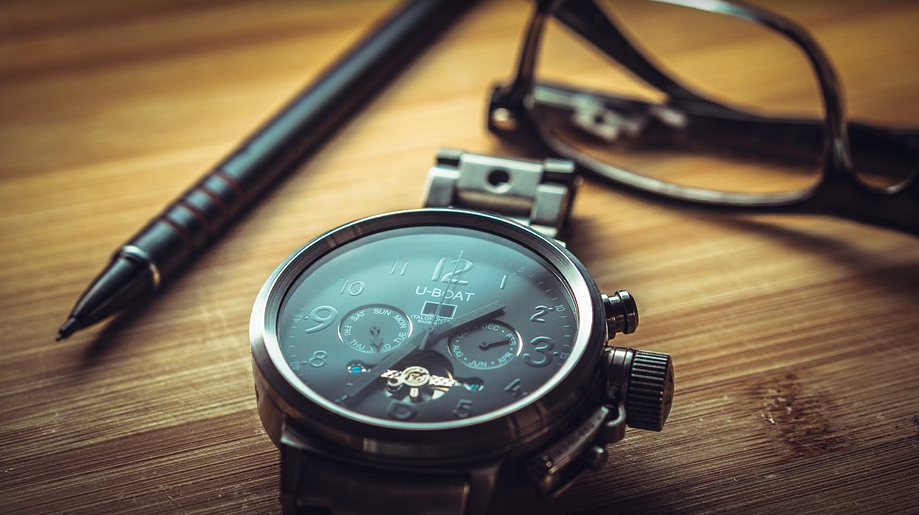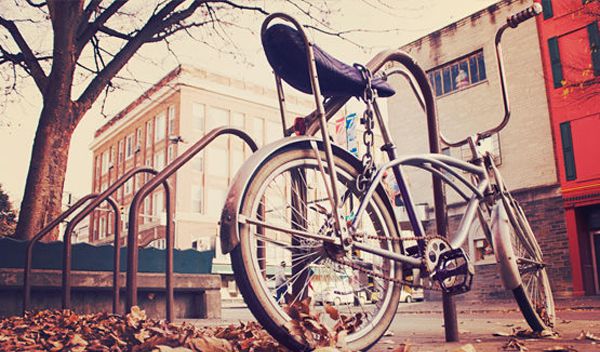怎么样克服演讲中的紧张
|
While nearly all men are poor at public speaking, women are even worse. This is partly because women cannot tell jokes, but also because we are better at self-awareness and therefore know that our speech is average and the audience would rather be doing something else – thoughts that do little to enhance performance. To combat fear and innate hopelessness, I try quite hard to be better. Every time a book about public speaking arrives on my desk, I skim it for tips. Mostly they tell you to “relax” and to “be yourself” – which is downright irresponsible. This works only for the one in a billion who is born a brilliant speaker. For everyone else, being good means reaching such an elevated level of nervousness and artifice that you can present an entirely convincing picture of authenticity and relaxation. The most recent book, The Top 100, contains tips from the 100 best speakers of all time and tells us that Bill Clinton's secret weapon is to “inspire confidence” and Gandhi's was to “avoid ego”. This may be true but is not terribly helpful. It is like watching a video of Rudolf Nureyev being the black swan and then expecting to be able to twirl round the living room in a similar fashion yourself. I have only come across two bits of helpful advice. The first is practise, practise, practise. This is a bore because it takes a lot of time, but there is no way round it. The second is to junk all aids. PowerPoint is a crutch. It is an ugly thing in itself and must be thrown away if you want to walk smoothly. Equally, you must never read a speech. Write it, learn it and then leave it at home, speaking with minimal notes. I supplement these with two further tips of my own, neither of which requires effort. The first is to make sure that the person speaking before you is really boring and has a laptop full of overcomplicated, PowerPoint slides. The second is to pick the right audience. Once, I gave an after dinner speech to middle managers in HR from the north of England. I had done a great deal of rehearsing and failed to sleep the night before and taken beta-blockers and so was all set and keyed up to the perfect pitch. The fact that the speech was catastrophic (not one laugh) made me feel bad for several weeks afterwards. But I now see it was the audience's fault. They were never going to like a snotty Londoner being superior about management fads anyway. |








